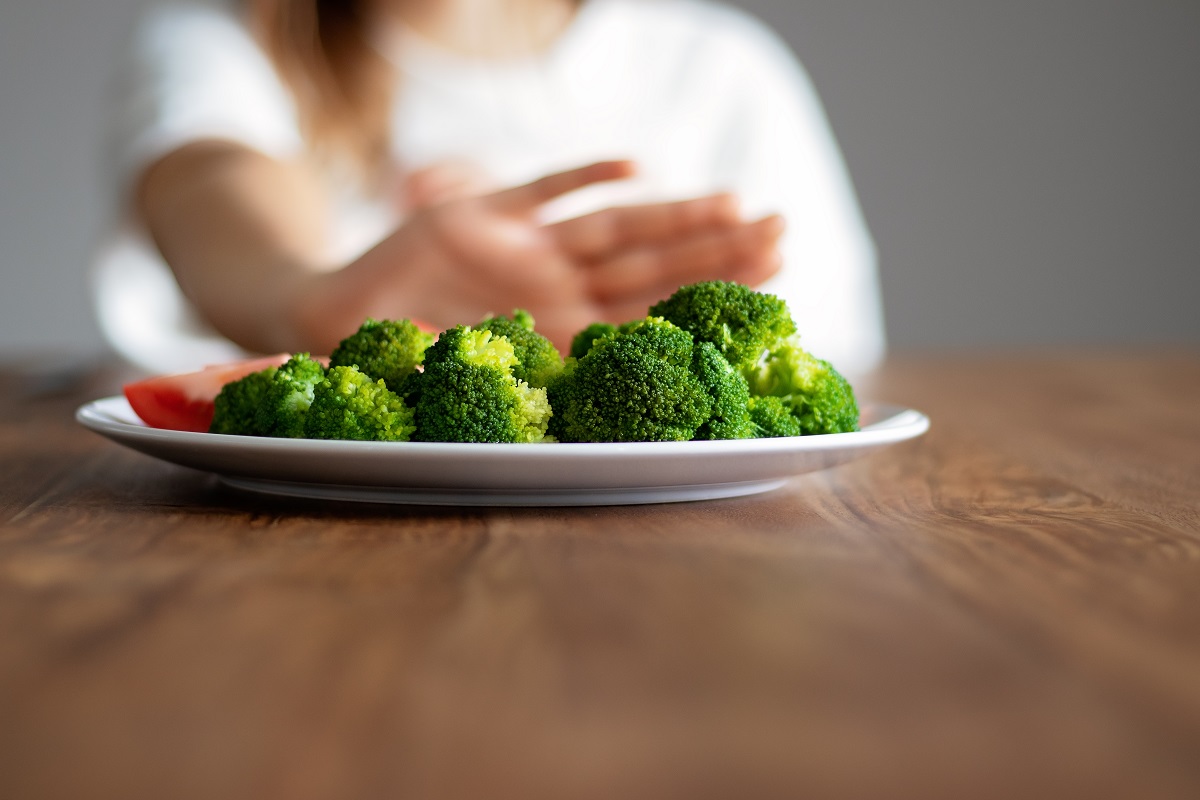
Foods That Are Likely to Aggravate a Flare-up
Raw fruits and vegetables: High-fiber, raw fruits and vegetables have a tendency to irritate the gut of a Crohn’s patient. Cabbage, broccoli and Brussels sprouts are particularly difficult to tolerate in the middle of a flare. Cooked vegetables, bananas and canned pears or peaches tend to be gentler on the stomach.
Nuts and seeds: The sharp edges of nuts and seeds can be difficult to digest and trigger more diarrhea, bloating and cramping.
Dairy: Whole-fat milk, cream, sour cream and cheeses have been known to aggravate Crohn’s flare-up symptoms.
Caffeine: A cup of coffee or an energy drink are not easy on the stomach while in the midst of a flare-up.
Spicy foods: It’s best to avoid spicy foods like chili or curry if you’re experiencing Crohn’s symptoms.
Finding Your Individual Triggers
Triggers can be different for everyone. You may be able to eat a certain food without problems, but another Crohn’s patient may not tolerate the same food without noticing an increase in symptoms.
If you are looking for a simple way to identify your unique triggers, try keeping a food journal. Record the foods you eat and whether they lead to any uncomfortable symptoms. You may start to see patterns in how you react to certain foods.
Another strategy is to try an elimination diet, wherein you avoid certain foods or groups of food (e.g., dairy, raw vegetables), one by one, to find the offending foods. It’s best to follow an elimination diet under the supervision of a doctor or dietician to ensure you are still getting the important nutrients your body needs.
Contact Our Team Today
If you have complications of Crohn’s disease that require the expertise of a colorectal surgeon, the Piedmont Colorectal Associates team would be happy to confer with you about your options. Please call or email us to set up a consultation.

